Most Japanese people do not expect to live to be a century old, according to a study of aging in six countries, in contrast to attitudes in other countries about longevity.
The survey results showed that the majority of Japanese "think there are many negative problems at the age of 100", and just over 20% feel they will be happy living to that age.
“When we look at people's views on living to 100 years, it is clear that Japan is the only country that does not see the positive aspects of longevity,” the study's author , Takashi Tanaka, concluded in his report.
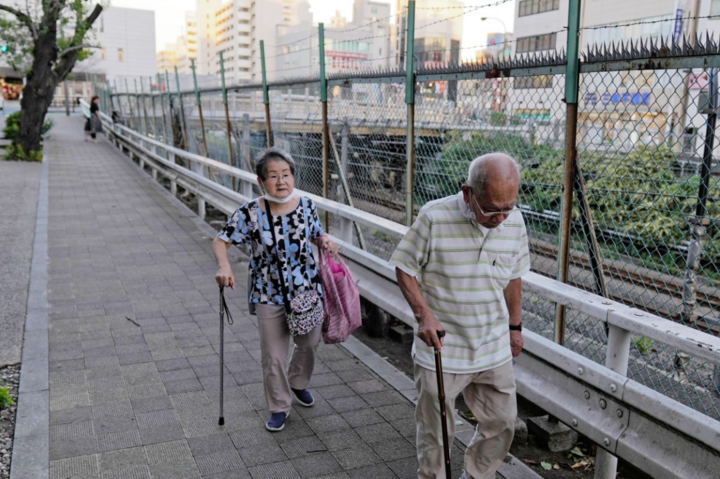
Japanese people worry about the negative problems they may encounter when living to 100 years old. (Photo: SCMP)
According to the report, the negative aspects that Japanese people worry about mainly include not wanting to be a burden to their families when they get old and physical and mental difficulties after reaching 100 years old. Survey participants in the United States, China, South Korea, Germany and Finland also shared these concerns.
“However, people in other countries still focus more on the positive aspects,” said Mr. Tanaka.
Only 27.4% of Japanese said they wanted to live to 100, compared with 52.8% of Germans, 53.1% of South Koreans, 58.4% of Finns, 65.6% of Chinese and 66.7% of Americans.
The study was conducted by the Centenarian Research Institute to mark the United Nations International Day of Happiness on March 20. The team surveyed 2,800 Japanese people aged 20 to 79 about their thoughts on old age, along with a similar number of participants in other countries.
Kanako Hosomura, a 41-year-old housewife in Yokohama, Japan, said: "I would be happy if I could live to 100, but only if I have the physical and mental ability to take care of myself."
“I don’t want to have to ask others to do anything for me, even simple things, because I will become a burden to them. But if I can walk and my mind is still sharp, why not live to 100?” she added.
Hosomura said she worries she might become more pessimistic about the future as she gets older, but having close family and friends gives her a positive outlook.
Makoto Suzuki, a 90-year-old cardiologist, says Okinawans have a different view of life expectancy than the rest of Japan.
“There are many reasons why people here live longer, but the most fundamental reason is ‘ikigai,’” he said, referring to the traditional concept of purpose, reason for being and passion in life. For Suzuki, ‘ikigai’ is his work in Naha City and as founder of the Okinawa Longevity Science Research Center.
Besides survival reasons, many Okinawans maintain a healthy diet rich in vegetables, fruits and seafood, and they also maintain a strong sense of community, Suzuki added.
“Of course, I want to live to 100,” Mr. Suzuki said. “I can’t be sure that will happen, but I will try to stay healthy.”
Tomoko Owan, a 64-year-old associate professor at the University of Ryukyu's medical school, agrees that a positive outlook on life is important and says she even still teaches karate at a university in Okinawa.
“I believe the key is to be relaxed and have a positive attitude. A healthy, balanced diet is also very helpful,” Ms Owan said, adding that it is also important to exercise physically, mentally and spiritually every day.
“My health is very good. I would love to live to 120 if I can stay healthy,” she said.
The report also found that Japanese people are less satisfied with their lives than others, with the average happiness score of respondents in the country reaching just 5.9 on a 10-point scale. This is the lowest of the six countries, with China emerging as the happiest country with 7.4 points out of 10, followed by Finland with 6.8 points and Germany with 6.6 points.
Japanese are similarly pessimistic about the country's future, ranking lowest when answering questions about Japan's "bright future," the possibility of increased happiness, and economic growth.
“Looking at the survey results, to increase happiness, it is important to feel the happiness of those around you as well as focus on positive things in your life,” said Mr. Tanaka.
Source


![[Photo] General Secretary To Lam attends the 8th Congress of the Central Public Security Party Committee](https://vphoto.vietnam.vn/thumb/1200x675/vietnam/resource/IMAGE/2025/10/4/79fadf490f674dc483794f2d955f6045)


![[Photo] Solemn opening of the 8th Congress of the Central Public Security Party Committee, term 2025-2030](https://vphoto.vietnam.vn/thumb/1200x675/vietnam/resource/IMAGE/2025/10/4/f3b00fb779f44979809441a4dac5c7df)

![[Photo] Bustling Mid-Autumn Festival at the Museum of Ethnology](https://vphoto.vietnam.vn/thumb/1200x675/vietnam/resource/IMAGE/2025/10/4/da8d5927734d4ca58e3eced14bc435a3)
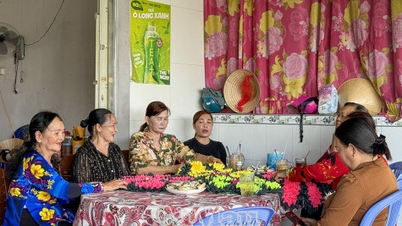





















































![[VIDEO] Summary of Petrovietnam's 50th Anniversary Ceremony](https://vphoto.vietnam.vn/thumb/402x226/vietnam/resource/IMAGE/2025/10/4/abe133bdb8114793a16d4fe3e5bd0f12)

![[VIDEO] GENERAL SECRETARY TO LAM AWARDS PETROVIETNAM 8 GOLDEN WORDS: "PIONEER - EXCELLENT - SUSTAINABLE - GLOBAL"](https://vphoto.vietnam.vn/thumb/402x226/vietnam/resource/IMAGE/2025/7/23/c2fdb48863e846cfa9fb8e6ea9cf44e7)
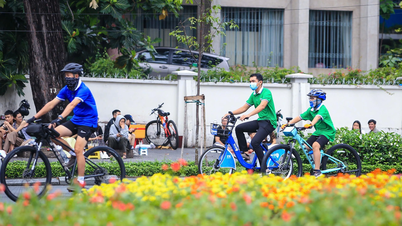
















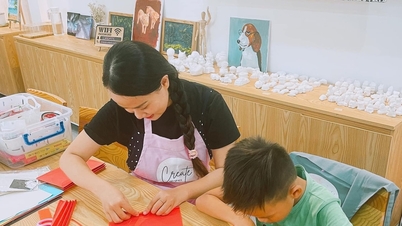




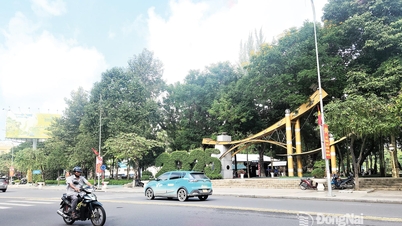











Comment (0)